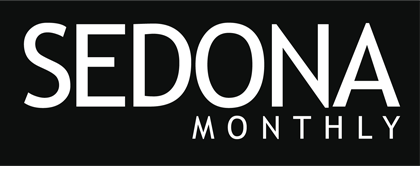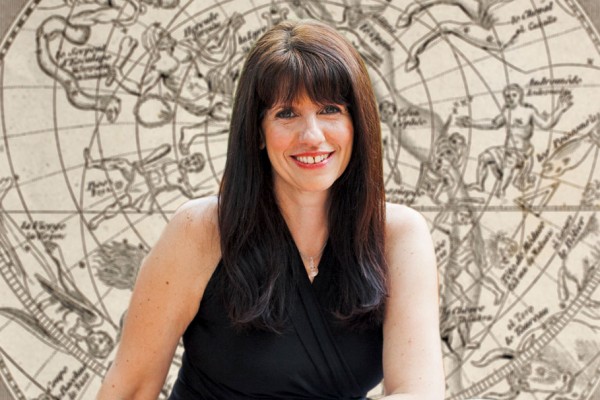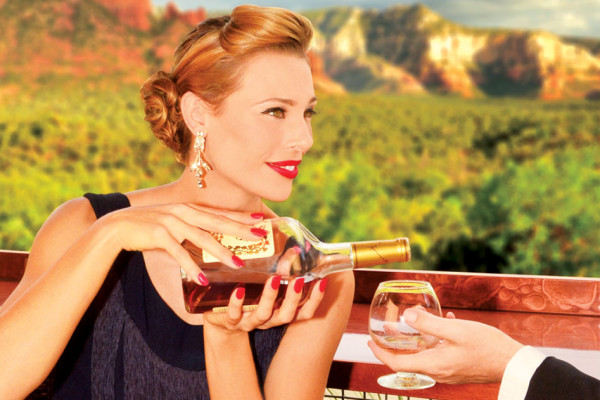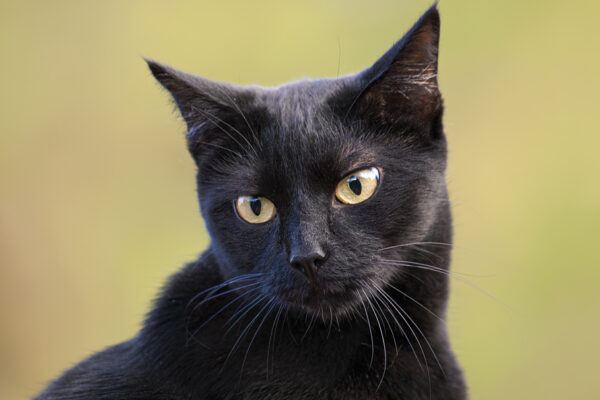Continued (page 4 of 14)
How did author Jack Hitt become involved?
I had my own bout of writer’s block in summer 2008. I took a road trip to get out of my comfort zone. I was in New Mexico, and I bumped into Jack’s book. I didn’t want to read other books about the Camino – all I was interested in were guidebooks. I didn’t want any influence by anyone else’s Camino experience. I begrudgingly grabbed Jack’s book because it didn’t look like it was trying to sell me anything. I began to read it, and I didn’t have my Scarecrow yet. Jack’s book was hysterical, and I imagined him bumping into the characters I’d already created while he was in the middle of writing his book and dealing with the writer’s block that I was dealing with. I told Jack about the idea, and he said let’s do it.
You directed your father in Bobby prior to The Way – is it difficult to direct him?
It’s not so much that it’s difficult to direct Martin. He’s such a terrific actor. My mother was on set with us during production, and about halfway through she said she had never seen my father work so hard. She said he hadn’t worked so hard since he was a young struggling actor in New York City in the early 1960s. She said, ‘He wants to get this right for you.’ And I said, ‘Mom, I just want to get this right for him.’ I wrote this role for him. I wanted to remind the world what an extraordinary actor he is. In many instances, he hasn’t had the opportunity to play great roles. I didn’t particularly want to see him get thrown off the building in The Departed – he was part of a great ensemble, but that’s not how I want to see my old man be treated in a film. I was inspired to write a role that was as close to who he is as an actor and a man than anyone has been given a glimpse of in quite a while. I honestly believe it’s his best performance since Apocalypse Now.
This had to have been an emotional experience for the two of you, portraying a father and his departed son.
We are called upon as actors to do things we wouldn’t do in real life. When I played Billy the Kid, I was blowing people away left and right, and that’s not who I am [laughs]. And in Apocalypse Now, Martin is this military assassin killing guys, and that’s not who he is. I think we as actors have to get to that place emotionally where we have to imagine it or we have to dig in. We all have those emotional wells that we go to. In the scene where my father has to identify the body, it was written in the press notes that I was actually in the body bag, but that would have been impossible because I wouldn’t have been able to direct the scene. So I put my son in the bag – he was working with us as an associate producer and as our interpreter.
The movie is filmed along the Camino de Santiago in France and Spain in sequence. How difficult was it to shoot on location?
We had a very small crew and a cast of under 50. We didn’t have big trucks or port-a-potties or chairs for the actors. We had catering because the Spanish take their food very seriously – we had a 100 percent Spanish crew. We traveled lightly. The soundman figured out a way to put his entire rig in a backpack. We shot in super 16-mm instead of 35. We shot a lot with hand-held cameras, cinéma-vérité-style not because it was a stylistic choice but because it was the only way we could shoot the film and get it done in the time we had. We had a 40-day schedule. We never went back to the same location, which was probably the most challenging thing. You had to make sure you got everything you needed in that location because you weren’t coming back.



